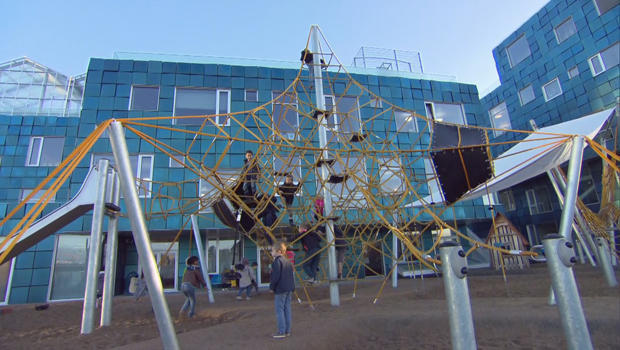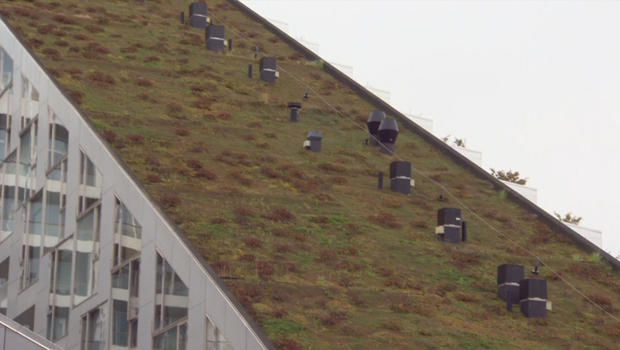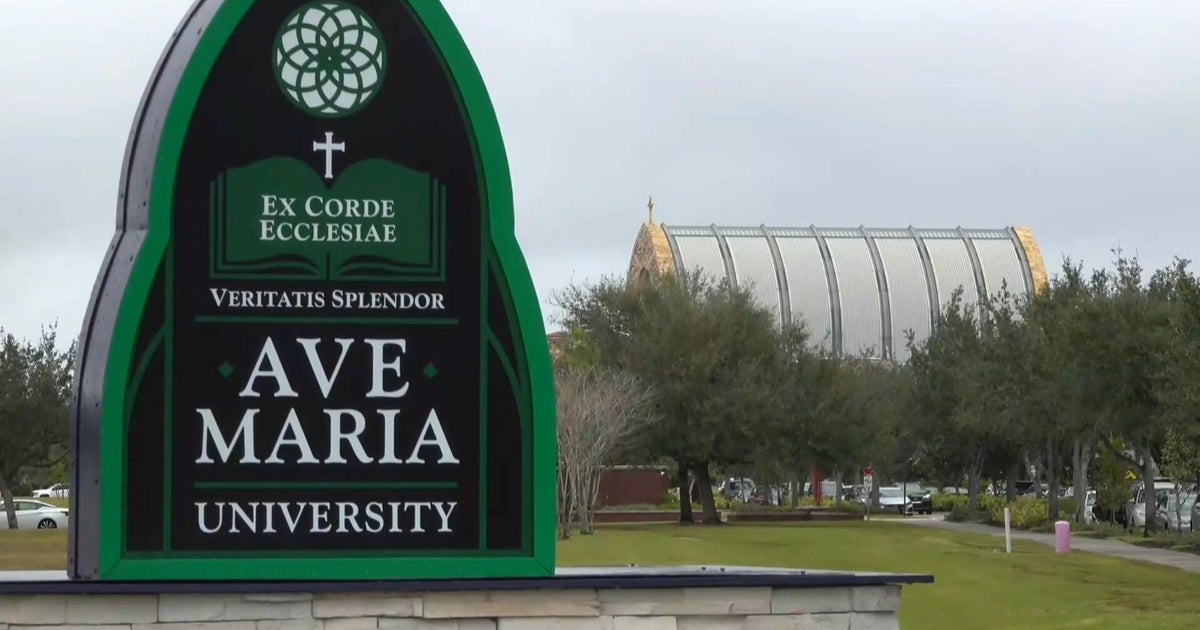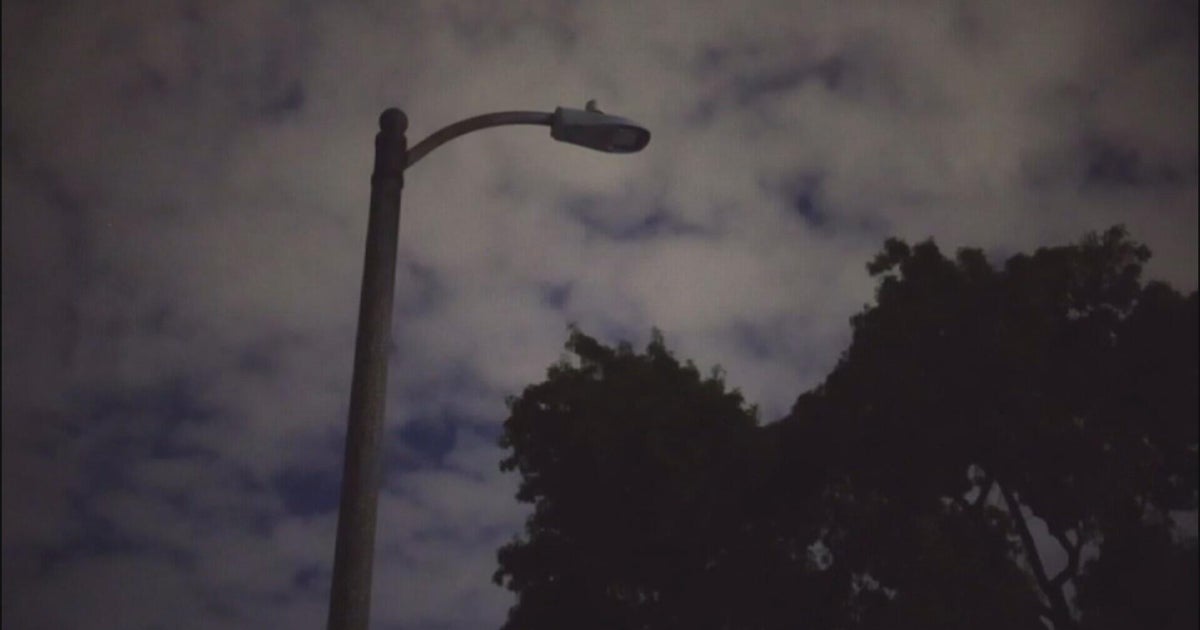How Danish architects are creating world's first carbon-neutral city
Danish architects have long been renowned for designing iconic buildings the world over, like the Sydney Opera House and Le Grande Arch in Paris.
But today's Danish architects, like Mads Mandrup, are designing with a higher purpose, reports CBS News' Mo Rocca. He was the lead architect of the Copenhagen International School, which is essentially a solar power plant. "We have about 12,000 square meters of solar panels here," Mandrup said.
The blue glass panels, which vary in hue depending on exposure to light, provide half of the building's power.
Rocca said, "Denmark is beautiful, but it's not the sunniest place in the world. What happens on a cloudy day?"
"On a cloudy day here, it produces less. But however, we've been monitoring, and we are on track in terms of the numbers," Mandrup replied.
And Copenhagen is on track to reach its goal of becoming the first carbon-neutral city in the world, producing as much energy (all of it clean) as it consumes by the year 2025.
"We are currently investing just around $1 billion in wind turbines in and around Copenhagen," said Morten Kabell, Copenhagen's Mayor of Technical and Environmental Affairs. "And in the future we will be doing geothermal heat. And, of course, we plant a whole lot of trees."
Kabell, who has never owned a car, rides his bike to work every day. "For many tourists and many visitors coming to Copenhagen, it's quite a surprise to notice that bikes have the right of way in most of the city," he said.
Today, 62 percent of commuters here bike to work, a movement that began during the energy crisis of the 1970s.
"Gasoline was so expensive that we had all these rules that emphasized cycling," said architect Camilla Richter-Friis van Deurs, who believes creating a cleaner city has helped create more people.
"We're growing by about 1,000 people every month," she said.
"People are having more kids?" Rocca asked.
"They're having more babies. They're staying in the city, because the city is so livable."
Her firm, Gehl Architects, helped make New York's Times Square pedestrian-friendly and designed a Danish-style network of bikes lanes throughout the city.
Rocca asked, "Why are bicycle helmets not required?"
"They did a study looking at the overall health of people cycling in the city, and found that women are less likely to cycle if you have to wear a helmet," Richter-Friis van Deurs replied. "So their health improves overall by not making the helmets mandatory."
Discouraging the use of cars has had some unintended consequences. For one, the tax on a car can be as much as 150 percent of the car's sale price.
"But one of the side effects is that our collective car mass is older, and of course older cars emit more CO2," Richter-Friis van Deurs said. "So it's not really doing the best it can."
A minor speed bump, perhaps, on Copenhagen's ride into a future best on display in its Orestad neighborhood.
"I think what we've tried to do is infuse into this sort of contemporary or modern form of architecture an element that is socially and environmentally active," said Bjarke Ingels, who has moved mountains into Copenhagen's famously flat landscape. One residential tower has a grass rooftop and bike trails that lead all the way to the top.
And coming soon: Denmark's first alpine ski run, built atop a power plant. And, yes, the plant itself is carbon-neutral.
"Green technology, it's not only good for the birds or the fish; it's amazing for the citizens, 'cause now probably the coolest park in Copenhagen is going to be the roof of our power plant!" said Ingels.
That steam you see, Ingles says, is "as clean as mountain air."
Rocca asked, "Are Danes raised with a consciousness about the climate and about a healthy environment?"
"I don't think Danes are born with that, but we have a culture where we like to be practical," replied Morten Kabell. "Danes love being lazy! We are as lazy as anybody else. So it's about making the right choice."
"OK, so that you can be lazy well into the future?"
"Exactly!"





